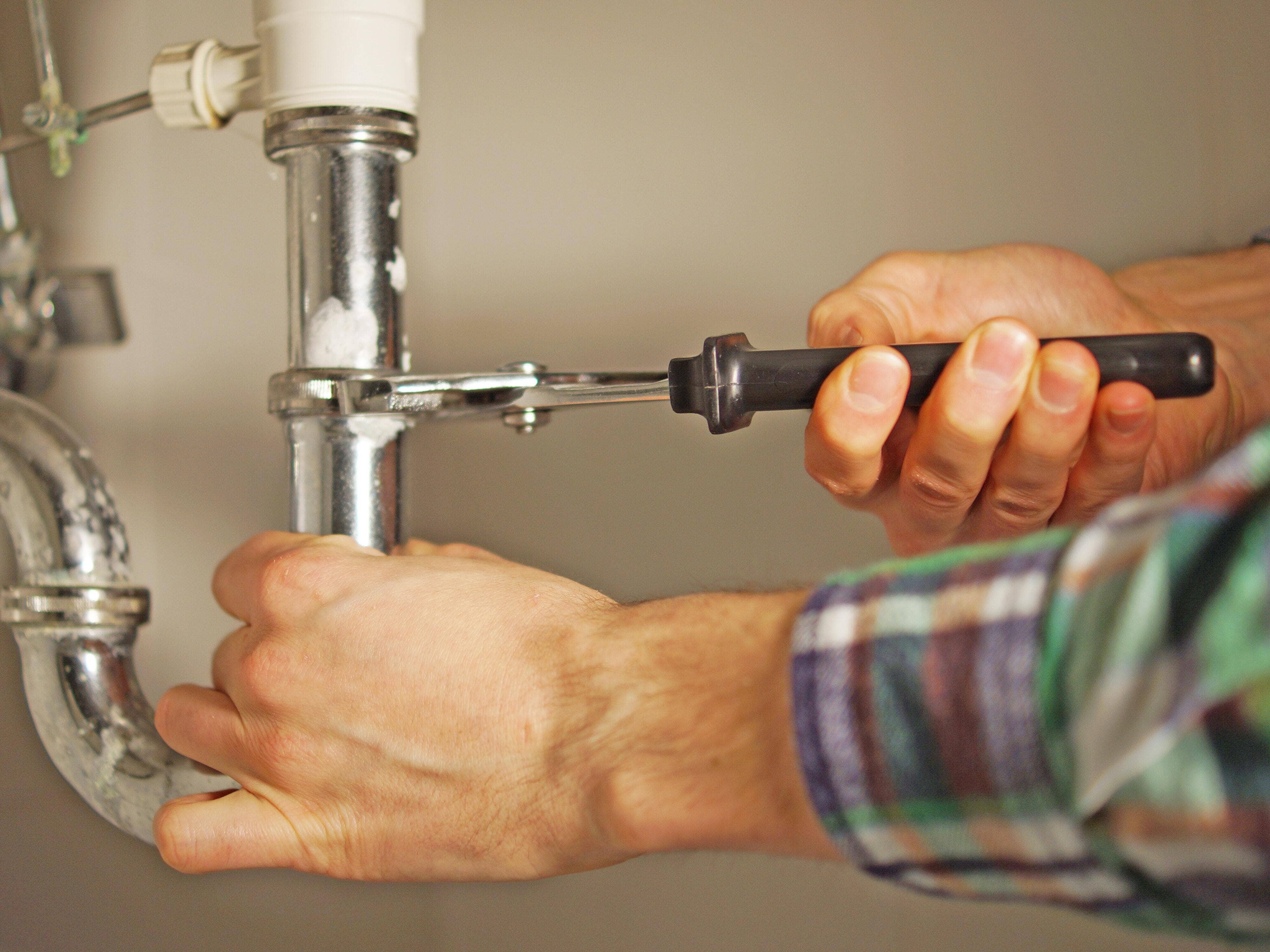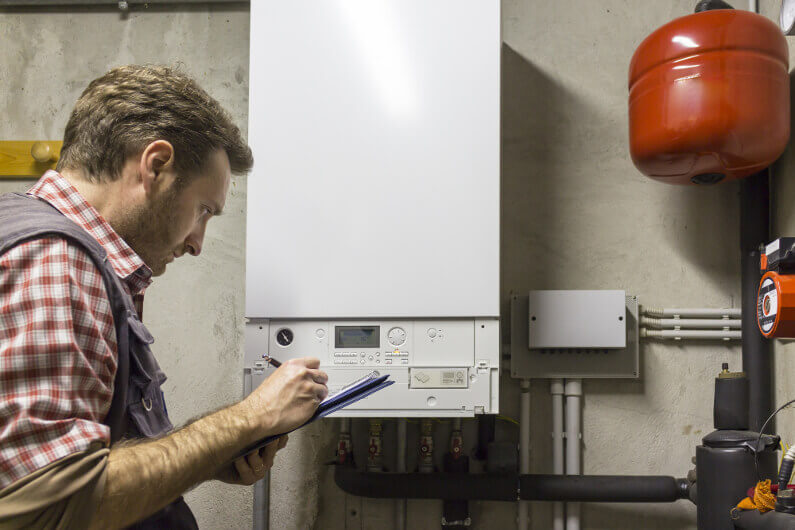6 Habits That Are Damaging The Home Appliances
6 Habits That Are Damaging The Home Appliances
Blog Article
We've come across this article involving Leak Detection and Repair Without Destroying Your Home down the page on the internet and felt it made sense to write about it with you on my blog.

The key to durable home appliances, unsurprisingly, is proper maintenance. There's no hard and fast policy that can guarantee your plumbing home appliances a lengthy wear, yet you can prevent unnecessary damage as well as repairs by preventing negative plumbing habits.
You ought to quit doing these 6 points else you'll maintain calling your plumber over for minor faults.
Flushing whatever
Yes, your bathroom drainpipe results in the drains, yet that does not suggest you should dispose just anything down the tubes. Lots of 'flushable' materials are really wonderful clog starters, for example dental floss. Asides keeping obvious non-flushable products like wires as well as plastics out of your toilet, you should also avoid flushing cotton buds, menstrual items, wipes, daipers and also prophylactics down the commode drainpipe.
Putting oil in the sink
We know effectively disposing of grease after a hearty meal is a pain. However simply pouring it down the drain can do long-lasting damage to your pipes. "The fat and grease can block your drain badly sufficient to require you to call a plumber," discusses Dawson. "Plumbing works best when it's well looked after-- not abused with oil."
Utilizing way too much drainpipe cleaner
Using a drainpipe cleaner greater than once or twice a month is a sign that something serious is taking place within your pipes. Now, as opposed to dealing with the primary issue, you choose a quick fix; a fizzy drainpipe cleaner. Rightfully, a drainpipe cleaner will look after the clog, yet at what expense?
The chemicals in a drain cleanser can hasten the deterioration of your pipes. Add that to whatever underlying trouble is triggering the clog and also you may have to a severe problem on your hands.
If you experience way too many blockages, call your emergency plumber as opposed to utilizing a drain cleaner.
Not washing meals prior to packing them into the dishwasher
it's called a dish washer, yet throwing in meals, pots, and also frying pans covered in large food fragments can really cause some significant damages to the appliance, bring about long-lasting troubles down the line. "Property owners might have to obtain their dishwasher fixed more often if they do not wash their dishes prior to filling, or a minimum of get rid of larger food items," clarifies Audrey Monell, proprietor of Forrest Anderson Plumbing as well as A/c in Glendale, Arizona. "Food that gets stuck on dishes triggers the dish washer to function harder, which can wear down components faster, leading to troubles."
DIYing whatever
With plumbing, a stitch in time really does save nine. You can protect against a fullblown plumbing emergency by calling your plumber at the right time.
You might have learnt a few plumbing hacks from your daddy, however you ought to understand where to draw the line and call a professional. As an example, you may be able to deal with a blockage on your own, but you shouldn't attempt to alter a pipe. You might inequality pipes or overtighten a bolt, causing even more injury and damage than you believed. Calling a plumber is a risk-free and also affordable choice.
Not changing your dishwasher pipes
One simple means to make certain that you use your dishwasher for many years is to replace the hose pipe a minimum of when in five years. This likewise looks for cleaning equipment tubes.
Over time, food particles, soap and grease can develop obstructions within your pipelines. Replacing them in a timely manner will certainly prevent any type of presure develop that can harm the inner operations of your dishwashing machine or cleaning maker.
A strengthened steel intertwined tube does a fantastic job of prolonging your machine's use time.
No winter precautions
Extreme weather conditions misbehave for your pipelines, specifically if they're constructed from steel. You should shield your exposed pipelines, and also your water container, even if you have a hot water heater. You must likewise shut off your garden hose shutoff as well as any other outside water channels. These networks are electrical outlets for cold; you pipes can begin to ice up from outside if you don't.
How Hard Water Damages Your Plumbing and Appliances
Hard water is no stranger to most households across America. This silent invader affects 85% of homes in the United States every day, wreaking havoc on pipes, plumbing fixtures, and water-using appliances.
Should you become a victim of hard water, you must understand exactly what it is and how it affects your plumbing and appliances. This will help you determine the correct measures to put in place to fix or prevent any problems that may arise.
First off, what exactly is “hard” water?
In short, “hard water” is used to describe water that contains relatively high amounts of dissolved minerals, primarily calcium and magnesium, and a host of trace metals. When rainwater falls from the sky (usually in a pure form), it absorbs the hardness minerals from rocks and soil, which changes it from soft to hard water.
What about my plumbing and appliances?
Mineral deposits from hard water can cause buildup on tubs, shower, sinks, faucets. But that’s only a small scratch of the surface. Those minerals can gradually build up inside pipes, fixtures, water heaters, washing machines, and dishwashers. Once they accumulate in those areas, they can clog pipes and create major problems throughout your plumbing system, from reduced water flow to increased pressure on pipes and fixtures.
This limescale buildup might affect some appliances, causing them to operate less efficiently and wear down faster. And the result? Higher energy bills, more (costly) plumbing replacements and repairs, and damaged appliances.
Keep in mind that certain types of plumbing are more susceptible to clogging than others. Copper, PVC, and PEX pipes are more resistant to hard water buildup and corrosion, but they can still get clogged or completely blocked by scale deposits.
How do I know if my water is hard?
White limescale buildup on plumbing fixtures (or any of the other signs mentioned above) is usually a good sign that your water is hard. If you suspect that you have hard water, you can simply shake up a small amount of dish soap and water in a closed container. If the mixture doesn’t create a lot of suds, you probably have hard water.
The most precise method, however, is to test your water with a DIY test kit (sold online or at local home centers or hardware stores) or send a water sample from your tap to a local lab to be tested. Be sure that you understand the nature of the test, the water condition being measured, and the significance of the test results.
Another way to obtain an estimate of water hardness is to check your annual water quality report to see if your water provider has reported any instance(s) of water hardness in your water supply.
https://www.springwellwater.com/how-hard-water-damages-your-plumbing-and-appliances/

I discovered that page on Leak Detection and Repair Without Destroying Your Home when doing research the search engines. I beg you take a moment to share this post if you appreciated it. Thanks a bunch for your time. Visit us again soon.
About Report this page